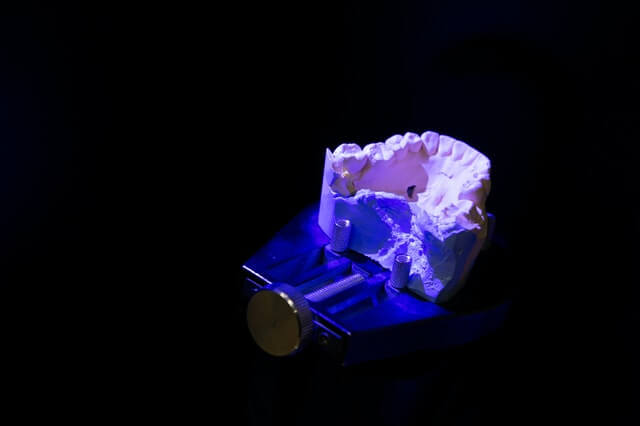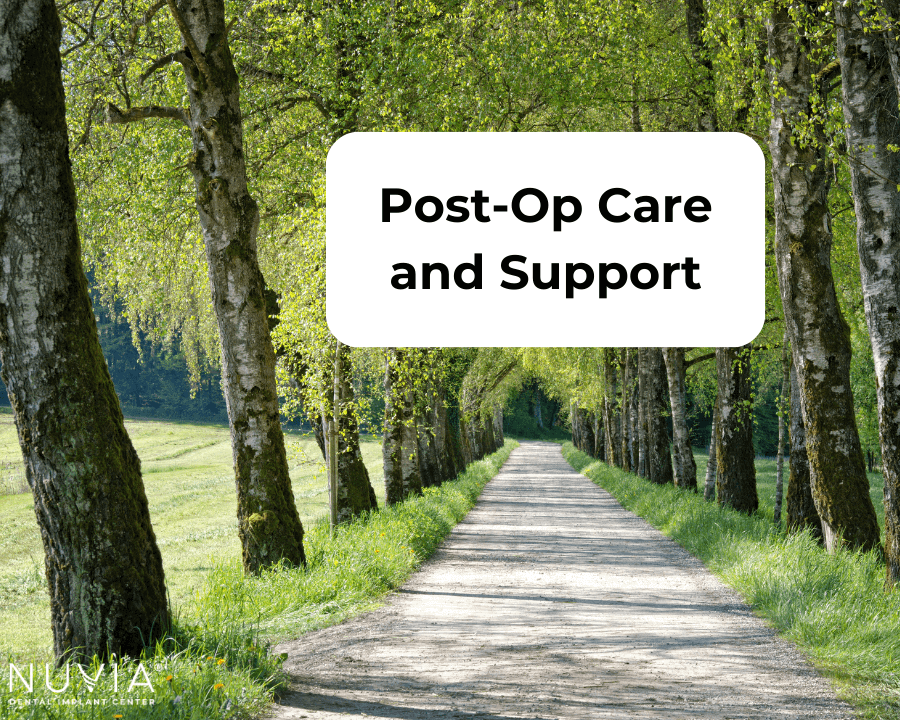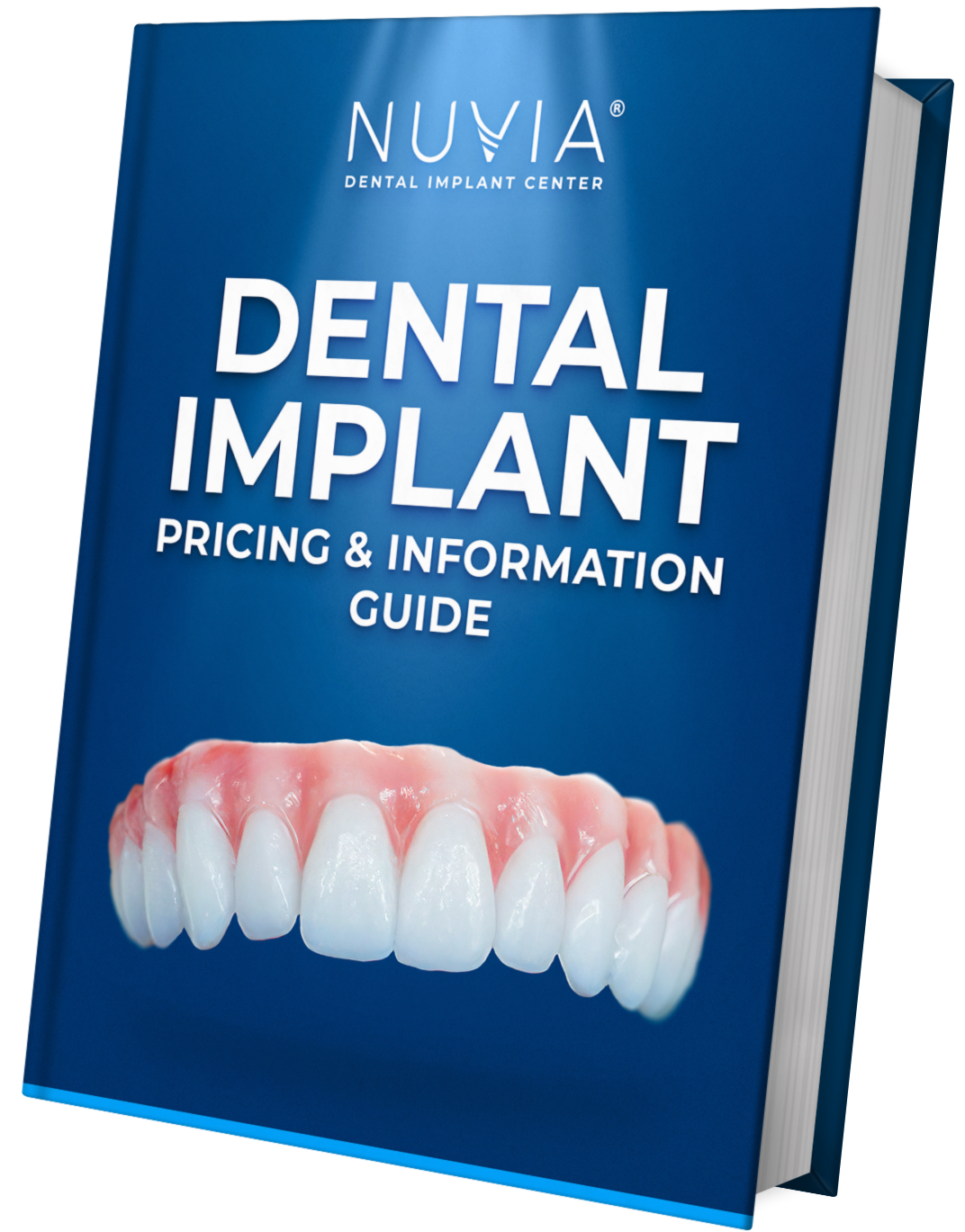
Nuvia's Commitment to Your Safety

When it comes to your dental care, feeling safe and comfortable isn’t just a bonus—it’s a must. We’re dedicated to making sure that from the moment you walk through our doors to the final reveal of your new smile, you’re enveloped in care that's as safe as it is welcoming.
Because of this, we take every precaution to make sure that you are set up for success by having a safe, comfortable, and welcoming environment for your dental visits. We care about you and your experience with us. In this guide you will learn a few of the ways that we stand out. Stick around for these exciting and innovative approaches to safety! You won’t want to miss this.
Ensuring Sterile Environments
Having a clean environment is simply a must for helping your dental implants be set up for success. By ensuring that every instrument is thoroughly sterilized and every surface in our surgical suites is highly maintained, we prioritize your health above all else. We’re committed to creating a space that not only meets but exceeds the strictest standards for cleanliness and safety. This way, you can relax knowing that we’ve got every detail covered, leaving nothing to chance as you take the next step towards your new smile.

Double the Care with Two Certified Providers
You can expect us to prioritize your quality of care. That's why for each dental implant procedure, you'll find not one, but two highly trained providers in the room. This is our dual provider approach – designed to maximize your safety and comfort. One provider, the oral surgeon, is wholly focused on the precise placement of your dental implants, drawing upon extensive experience to ensure optimal results. Meanwhile, the other provider, the certified nurse anesthetist, is solely dedicated to administering and monitoring your sedation, attentive to your comfort and well-being throughout the procedure.
This dual attention to detail isn't just our practice; it's a commitment to your peace of mind. While some dental implant providers use a single provider performing multiple roles, Nuvia takes a team-centered path, one that aligns with our high standards of care and your safety.
Advanced Sedation Monitoring
When it comes to sedation, we're on it—meticulously. Our sedation team is your safety net, watching over you as you gently doze off. They are trained to manage your comfort and safety throughout the procedure, ensuring you have a peaceful experience.

Personalized Treatment Plans
We get that everyone is unique, and that’s why our treatment plans are tailored just for you. We think through every step before the surgery day to ensure everything is set to meet your specific needs.
Continuous Training and Education
The dental world is always advancing, and so are we. Our team keeps up with the latest in dental care, not just because we love to learn, but because it helps us keep you safe.
Patient Education and Engagement
We’re big believers in teamwork. We'll guide you through what to expect and how to prepare for your procedure. When you know what's happening, it helps both of us to ensure your safety and comfort.
Emergency Protocols
We're prepared for the unexpected. Our protocols are well-established, ready to address any unforeseen situations with efficiency and expertise. While these scenarios are very rare, our readiness ensures a seamless experience for you.

Our team routinely rehearses these procedures, much like a well-coordinated emergency response. In the unlikely event that a situation arises, we're equipped to manage it swiftly and effectively. Our proactive approach keeps these strategies sharp and current, offering you a reassuring layer of protection during your visit.
At the end of the day, our biggest goal is to give you both a smile you'll love and peace of mind. If you're curious about how we prioritize safety or if you have any questions, we're always here to chat. To take the first step towards your comfort, health, and a dazzling new smile, why not try our quick 60-second quiz? It's a simple way to learn more about what we can do for you at Nuvia. Your journey to a confident smile starts here!
More Articles Like This one

Expertise with a Gentle Touch - We Prioritize Patient Comfort

Can I Get Dentures For Just My Bottom Teeth?






